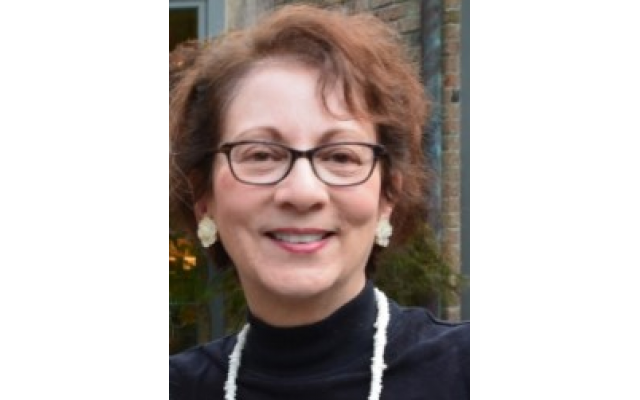Forgiveness?
Jane Horowitz Bick is a member of the board of directors of Eternal Life-Hemshech.
Jane Horowitz Bick is a board member of Eternal Life-Hemshech.
When Holocaust survivor Eva Kor, who died July 4, publicly forgave aging Nazi Oskar Groening at his April 2015 trial as an accessory to murder at Auschwitz, she unleashed a firestorm of global controversy. She embraced him, saying, “…forgiveness is the best revenge of all.” He held her hand and hugged her back.
Many survivors called Kor a traitor. But she said, “Forgiveness is personal. … I do it for myself not because they deserve it, but because I deserve it. I am finally free [from the grip of hate].”
As a child, she and her sister endured Josef Mengele’s sadistic, painful, pseudoscientific medical experiments performed on twins at Auschwitz. Groening, called the “Bookkeeper of Auschwitz,” counted confiscated Jewish possessions and money, and witnessed the mass murders. He died in 2018 at 96.
Survivor Jona Laks, who lives in Tel Aviv, strongly disagrees with Kor. She and her sister also were among Mengele’s 3,000 twin victims, of whom only 200 survived. Speaking in August in Jackson Hole, Wyo., she said, “Forgiveness erases memory. It is our task [as survivors] to try to pass it over to the next generation and it should not be forgotten.”
As we begin New Year observances, these two survivors may give us pause for thought. Kor seized the power to forgive, unasked, to heal herself. Laks fears to forgive heinous Nazi crimes is to forget that which must be remembered.
For teshuvah, our sages tell us the offender must ask the wronged party for forgiveness. With very few exceptions, if any, former Nazis neither asked forgiveness nor showed contrition for their sins against our people. German reparations through the Claims Conference, founded in 1951, resulted only from Jewish leaders’ pursuit of payments to survivors. Some called it blood money and refused the payments.
Scholars more learned than this writer posit that murder is a sin for which no atonement is possible. Six million murdered people cannot forgive. However, today’s Germany leads the world in Holocaust education and monuments to remembrance. German attorneys continue prosecuting aging Nazis, with a trial related to Stutthof scheduled to begin next month in Hamburg.
At the same time, Germany is seeing a rise in Neo-Nazism while civilians and authorities remain passive. According to the BBC, “the boot-wearing, young, unemployed male skinheads are out of date [as they] use modern forms of protest and social media that appeal to students and middle-class professionals.” They call themselves nationalists who say they care deeply about the fatherland and want to rebuild the country for their citizens – the German people.
Pause for thought? Yes.
This season of new beginnings offers us the opportunity to think about the Holocaust as our lesson for the future. And for us, teshuvah remains a powerful symbol of righting our wrongs as well as forgiving those who sincerely ask our forgiveness.
May we all be inscribed in the Book of Life this New Year.




comments